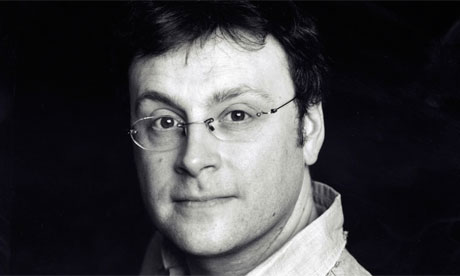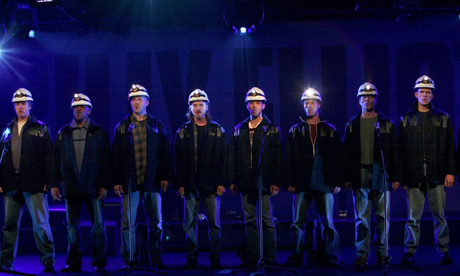Has it given me ideas for what I will write in my analysis? Is this a productive way of working with a book?
Yes, it certainly is. I'm usually bad at structuring my work so that I don't have to do it all in one go, and blogging about the process worked out well. Being given tasks once or twice in one week makes me focus more knowing that i have to do it with a deadline the next day. That way I evened out the work, and now I just have to put the posts together into an analysis - I've already done the basics.
Has it made me think critically about what I read? Has it made me a more observant reader?
Yes, at least for this particular book. I read it more thoroughly because I knew I had to point out things in the analysis once I had finished the book. I've actually got a piece of paper inside the book, with notes about things that I noticed while reading. Like; who's telling the story, dialect words, and the general language in the book. I don't think I'll make a habit of reading books as thoroughly though, because it takes longer to finish the book, and I can risk not getting the storyline because of my ongoing scrutiny.
Have I gained more insight into what the rest of my class are doing?
Yes, in a way, but I have to admit that I didn't really read everyone's blogs. I have way to many classmates to be able to read every single one of their blogs, but I followed a few. Reading other posts was a great inspiration which I will use in my analysis, and it has also forced me to be critical to what I'm reading - since we had to write constructive comments.
Have I had fun with it?
I won't say I've had great fun with it, but it's nice to do something different once in a while. Still, it has been put in the category homework, which automatically lowers the fun-level. I am not that much of a fan towards blogging, and I'm not that happy with posting personal thoughts online, but I just had to get used to it. But - like I have written further up, it was a great way of structuring my work, depending on a teacher posting new tasks of course.
Have I received constructive comments from others in class?
I expected to get more comments than I have gotten, both constructive and non-constructive. It started out okay, with 7 comments on the first post, but the last posts have only gotten about 1 or 2 comments. Still, to the few people who have written constructive comments (you know who you are): Thank you!











